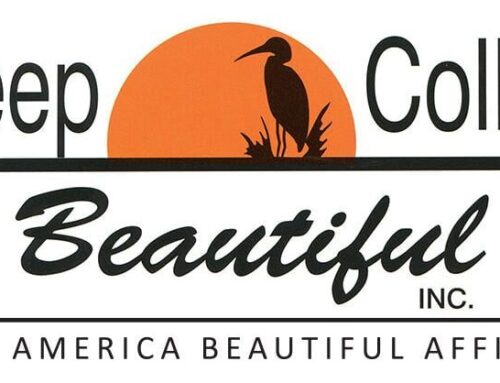Kentucky medical cannabis audit: Despite possible violations, no delays expected
May 8, 2025
At least one company, Arkansas-based Dark Horse Cannabis, was able to secure multiple licenses in the production chain using hundreds of new LLCs.
FRANKFORT, Ky. — An early look into Kentucky’s medical cannabis investigation reveals potential program violations, but State Auditor Allison Ball said the audit will not delay the program’s rollout.
After months of concern, Ball launched a probe into how Kentucky awarded medical cannabis licenses across the state.
“This is looking out for all of those Kentucky farmers who are trying to get in there, the processors, the dispensaries, Kentucky businesses making sure that this is fair across the board and available in the timeline it’s supposed to be,” Ball, a Republican elected in 2023, said.
She said the investigation is looking into if multistate operations (MSOs) are weeding out local farmers and businesses. That was a major complaint from her constituents, she added.


“We began to receive a lot of phone calls from farmers, from people who want to be cultivators, processors and dispensaries,” Ball said.
Many were concerned about out-of-state companies stacking applications, known as “app-stacking,” which would increase odds in the lottery process by filing several applications under several LLCs.
In March, one of the dispensary winners admitted to doing just that.
“We couldn’t apply for multiple applications under the same name. We had to create business – 20 different businesses under 20 different names – to get our applications out there,” Tuesday Coughlin, retail director for Kentucky Alternative Care in Louisville, told WHAS11.
“That’s a problem,” Ball said Thursday. “Because there is actually a [regulation] that prohibits app-stacking. It’s supposed to be as fair as it can be.”
She said constituents were also concerned with potential for monopolies, what the auditor calls “vertical integration,” which is when one company owns a processor, cultivator and dispensary license.
“There is at least one business that we know of that’s gotten vertical integration,” Ball said, adding the company, Dark Horse Cannabis, is based out of Arkansas. “They also had 350 LLC’s that they created, so they had the app-stacking problem and the vertical integration.”
Ball said there are no Kentucky farmers who were given a cultivator license and only a small handful of Kentuckians were given a processor license.
“If you’re awarding it to large out of state non-Kentucky organizations, it’s going to mean the process will be slower to begin with because you have to buy land, you have to grow the product, you’ll have to set up shop,” Ball said.
Lt. Gov. Jacqueline Colemanis standing firm with Gov. Andy Beshear on the program’s transparency.
“Anytime you start a new program, you’re going to run into barriers here and there and those things happen,” Coleman said. “Everything that the governor has overseen with this project has been above board.”
While the auditor investigates, she said the program will rollout as it has been — without delays or freezes.
“My goal is not to slow anything down, and I don’t see any reason why anything should be slowed down,” Ball said. “We just want to find out if this is fair, if this is happening the way it’s supposed to.”
Beshear’s office said the governor was unavailable for an interview Thursday. A staffer instead directed WHAS11’s questions to the Cabinet for Health and Family Services.
Make it easy to keep up-to-date with more stories like this. Download the WHAS11 News app now. For Apple or Android users.
Have a news tip? Email assign@whas11.com, visit our Facebook page or X feed.
Search
RECENT PRESS RELEASES
Related Post




